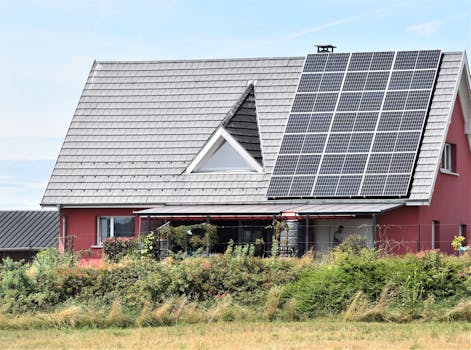Sustainable Cities: How Europe is Shaping Eco-Friendly Lifestyles by 2025 – Sustainable Cities
Sustainable Cities Europe is at the forefront of a revolution in urban planning, with a focus on creating eco-friendly cities that promote sustainable living. As the world grapples with the challenges of climate change, environmental degradation, and social inequality, European cities are leading the way in developing innovative solutions to these problems.
Introduction to Sustainable Cities
Sustainable cities are urban areas that are designed to minimize their impact on the environment, while also promoting the health, well-being, and quality of life of their citizens. These cities are characterized by green spaces, renewable energy sources, and sustainable transportation systems, among other features.
Europe’s Sustainable City Initiatives
Several European cities are at the forefront of sustainable city development, with initiatives such as green roofs, urban farming, and electric vehicle fleets. For example, Copenhagen has set a goal of becoming carbon neutral by 2025, while Amsterdam is investing heavily in sustainable transportation and green infrastructure.
Challenges and Opportunities
Despite the many successes of European sustainable cities, there are still several challenges to be addressed. These include funding, public engagement, and the need for greater international cooperation. However, the opportunities presented by sustainable city development are vast, with the potential to create jobs, stimulate innovation, and improve the quality of life for citizens.
Conclusion
In conclusion, Europe is shaping eco-friendly lifestyles and promoting sustainable living through its innovative approaches to urban planning and development. As the world looks to the future, it is clear that sustainable cities will play a critical role in addressing the challenges of climate change, environmental degradation, and social inequality.


